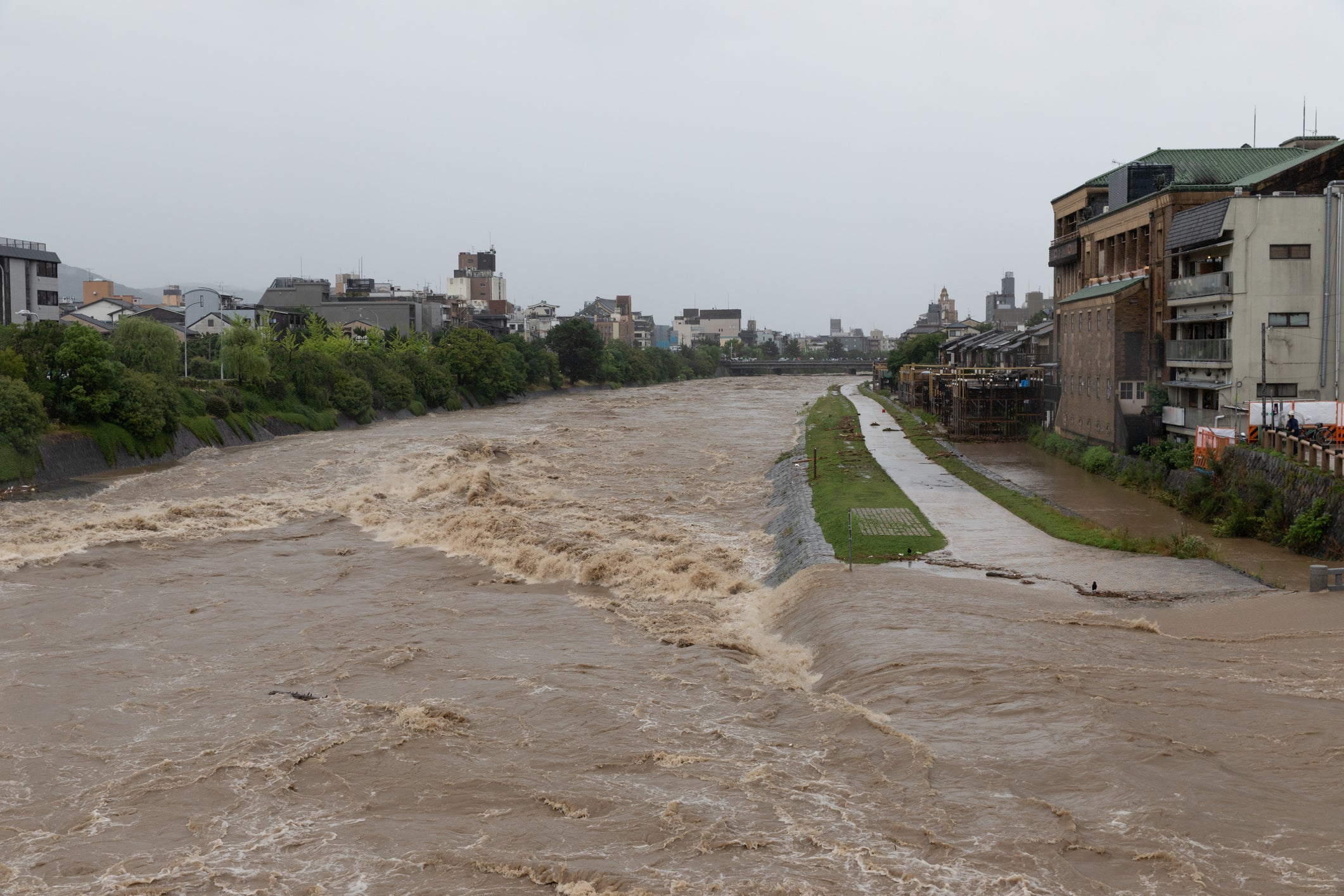Natural disasters and mental health: Post-disaster care and community support
table of contents
Introduction
1. Relationship between natural disasters and mental health
2. Mental care after a disaster
3. Community support
4.Who may be eligible for these mental health treatments?
summary
Introduction
Natural disasters can suddenly occur anywhere on the planet and can have serious impacts on individuals, families, and communities. In such situations, not only the physical damage, but also the impact on mental health is very important. This article focuses on "natural disasters and mental health" and explores post-disaster mental care and community support.
1. Relationship between natural disasters and mental health
1-1 Trauma and stress
Natural disasters can cause not only direct physical damage but also psychological stress such as fear, anxiety, and confusion. These situations can be traumatic, including evacuation, danger to life, loss of property, and death of a family member or friend. If these experiences are left untreated, they can lead to the development of mental health problems such as post-traumatic stress disorder ( PTSD ), depression, and anxiety disorders.
1-2 Decrease in social support
Natural disasters can have a significant impact on social support systems, including relationships with family and friends, community cohesion, and a safe environment. Evacuation, living in a shelter, and loss of family and friends can disrupt social connections, which can increase feelings of isolation and depression.
1-3 Uncertainty and anxiety about the future
Natural disasters can increase uncertainty about the future for those affected. Loss of a home or property, loss of a job, or financial hardship can shake a person's sense of stability and cause anxiety about the future.
1-4 Post-disaster reconstruction and adjustment
After a disaster occurs, survivors need to rebuild their lives and adapt to new situations. This process can cause stress and anxiety, and mental health problems can manifest, especially if appropriate support is not provided.
1-5 Risks and vulnerabilities
The impact of natural disasters can be influenced by the vulnerability of individuals and communities. Socially and economically disadvantaged groups, the elderly, children, and people with disabilities are particularly at risk, and the impact of disasters on their mental health may be more severe.
1-6 Prevention and countermeasures
Preventive psychological care and measures are important to reduce the impact of disasters. Local communities and governments need to prepare mental health resources and programs and provide appropriate support even before a disaster occurs.
2. Mental care after a disaster
2-1 Immediate support and intervention
Immediately after a disaster occurs, victims may be in a state of shock and fear. It is important that a professional mental health professional or counselor approaches the victim immediately and provides emotional support. Teaching techniques such as stress reduction techniques and breathing exercises can be helpful at this stage.
2-2 Counseling and therapy
Individual counseling and group therapy are extremely effective in providing psychological care after a disaster. When survivors talk about their feelings and experiences, it helps them process their trauma and sort out their emotions. Counselors provide an environment where victims feel safe to talk and provide appropriate support.
2-3 First aid psychology
First aid psychology is a method of psychological first aid that is easily learned by the general public. We support the mental health of disaster survivors and community members by teaching them how to accept their emotions, how to communicate, and how to reduce stress.
2-4 Relaxation techniques and self-care
Relaxation techniques and self-care techniques (such as meditation, deep breathing, and yoga) can help survivors reduce stress and relax on their own. These techniques can help reduce symptoms of trauma and anxiety.
2-5 Education and information provision
It is important to provide survivors and their families with information about understanding trauma and stress, the importance of mental health, and support resources. Armed with the right information, survivors can understand their condition and be motivated to receive appropriate support.
2-6 Ensuring social support
Support from family, friends, and the community is important in a survivor's recovery. Maintaining social connections and receiving empathy and support can reduce feelings of isolation and depression.
2-7 Expert support
If necessary, specialized care from a mental health professional or psychotherapist may be required. It is important to get the right professional help to deal with complex trauma and psychological issues.
3. Community support
3-1 Forming a support group
By forming support groups within the community, we provide a place for survivors to share their experiences and feelings and gain mutual understanding. This can reduce feelings of isolation and fear and increase mutual solidarity.
3-2 Holding community events
By holding events and gatherings for the entire community, we provide a place for disaster victims to interact and gain empathy. This allows survivors to realize that not only they but others are going through a similar situation and feel a sense of unity.
3-3 Information provision and education
Communities can play a role in providing mental health information and resources to survivors and educating them on how to manage stress and the importance of mental health. By sharing accurate information, disaster victims can increase their awareness of receiving appropriate care.
3-4 Building a support network
Building a support network within your community is extremely important. By creating a system in which neighbors and local organizations work together to provide the necessary support, disaster victims can receive the support they seek with peace of mind.
3-5 Ensuring psychological safety
Communities need to ensure psychological safety to provide survivors with a place to express their emotions and open up about their condition. It's important to create an environment where everyone has open communication and respects the experiences of others.
3-6 Encouraging volunteer activities
Volunteer activities are important not only for increasing the sense of community unity, but also as a means of providing concrete support to disaster victims. Local people participate as volunteers and work closely with disaster victims, fostering empathy and a sense of solidarity.
3-7 Financial support and resource provision
It is also important for communities to support disaster victims through financial assistance and provision of supplies. By meeting basic needs such as food, water, and shelter, they play a role in supporting the mental health of disaster victims.
3-8 Providing long-term support
Post-disaster assistance should be provided not only in the short term but also in the long term. Communities help survivors achieve sustainable recovery by providing ongoing support as recovery progresses.
4.Who may be eligible for these mental health treatments?
4-1 Victims
Losing homes and property or being forced to evacuate or live in shelters due to natural disasters increases the likelihood that disaster victims will experience trauma and stress. They need emotional care and support and may seek help to process their emotions and recover.
4-2 Family and friends
The victim's family and friends may also be affected by the trauma and stress the person has experienced. They may need help understanding and processing their own emotions, as well as providing support and empathy for survivors.
4-3 Rescuers/Supporters
People involved in rescue and support activities when a disaster occurs can also feel a mental burden when witnessing the conditions and hardships of disaster victims. While they offer help to others, they also have to deal with their own emotions and stress.
4-4 Elderly people
Elderly people may find it physically difficult to evacuate or move, and may have difficulty adjusting to new environments. The stress of natural disasters can also exacerbate existing health problems.
4-5 Children and youth
Children and young people are sensitive to the effects of disasters and may have immature psychological coping skills. Disasters can cause confusion and anxiety for them, and they need appropriate support and care.
4-6 Persons with disabilities
People with disabilities may have special needs when evacuating or living in shelters. Their mental health can also be affected, so they need proper support.
4-7 Volunteer
People who work as volunteers during natural disasters can also feel psychological strain from having to deal with the responsibility of interacting with and helping disaster victims. They too need to receive proper support and emotional care.
summary
Natural disasters can have a significant impact on the mental health of survivors, but with the right support and community cooperation, the process of recovery and emotional healing can be accelerated. Immediate psychological care, professional support and community cohesion are key ingredients for survivors to build a positive future.








